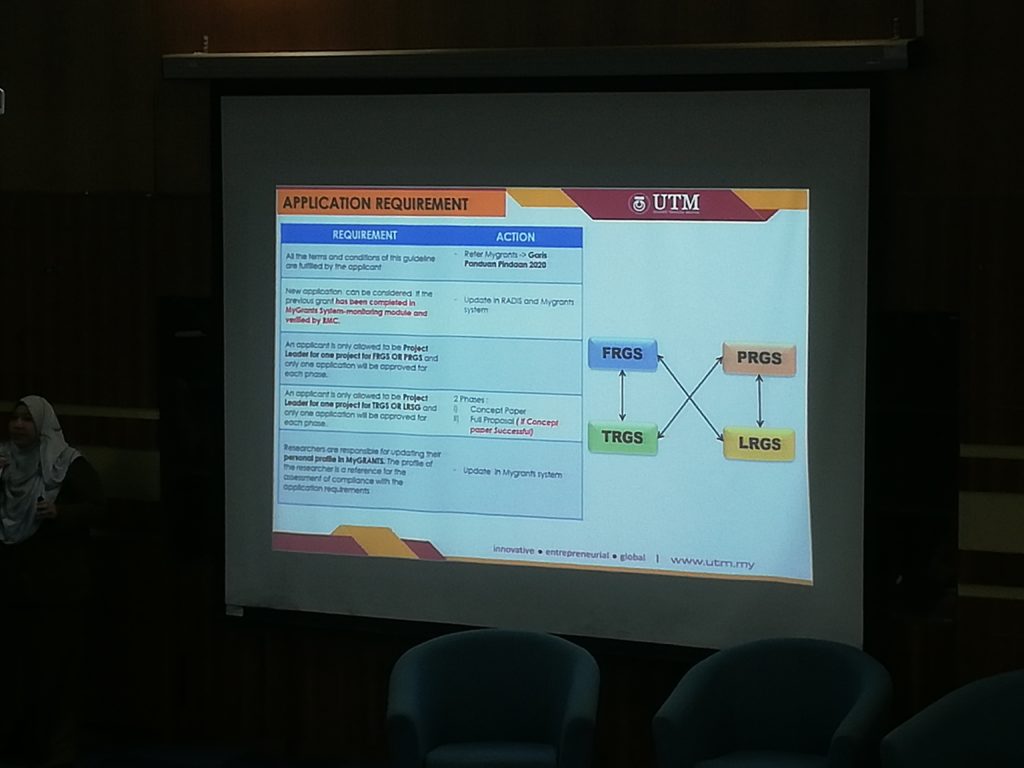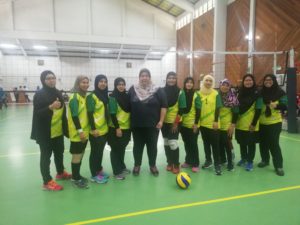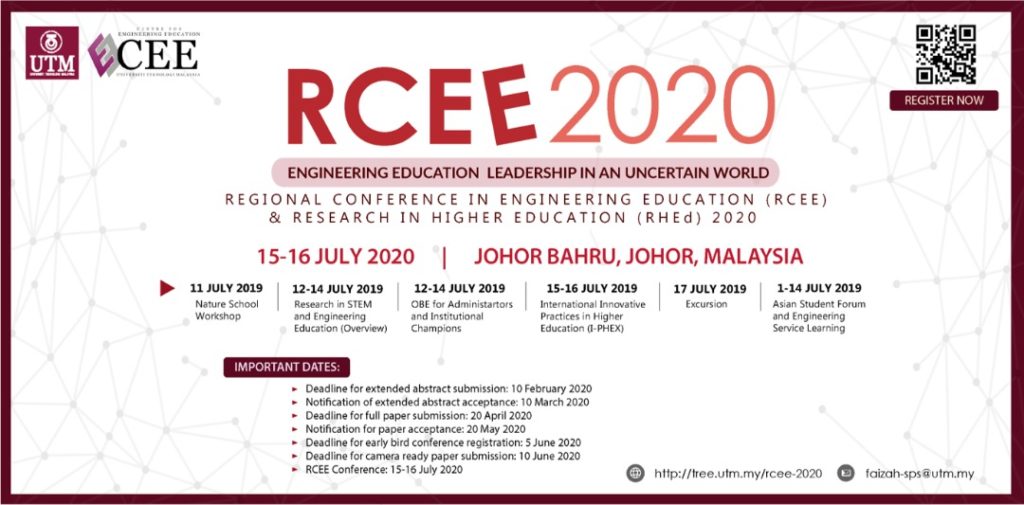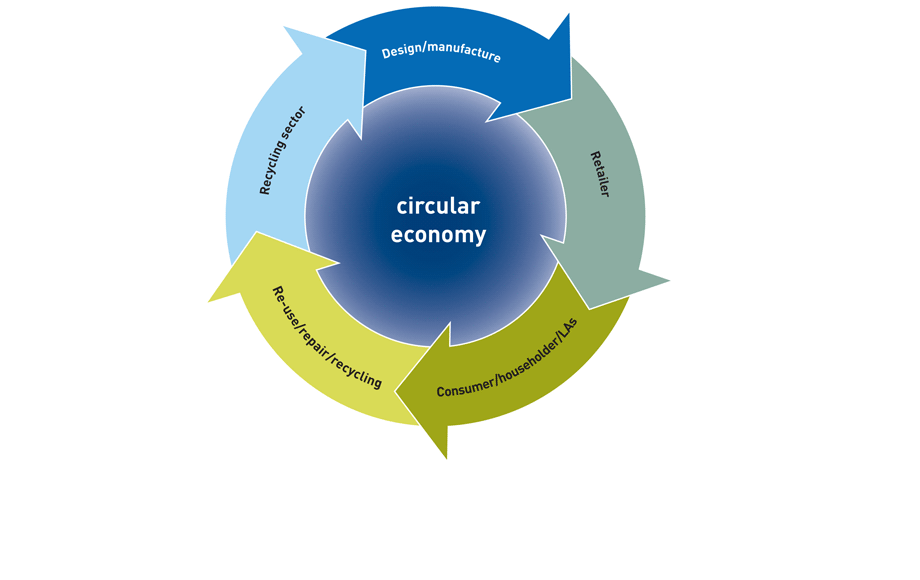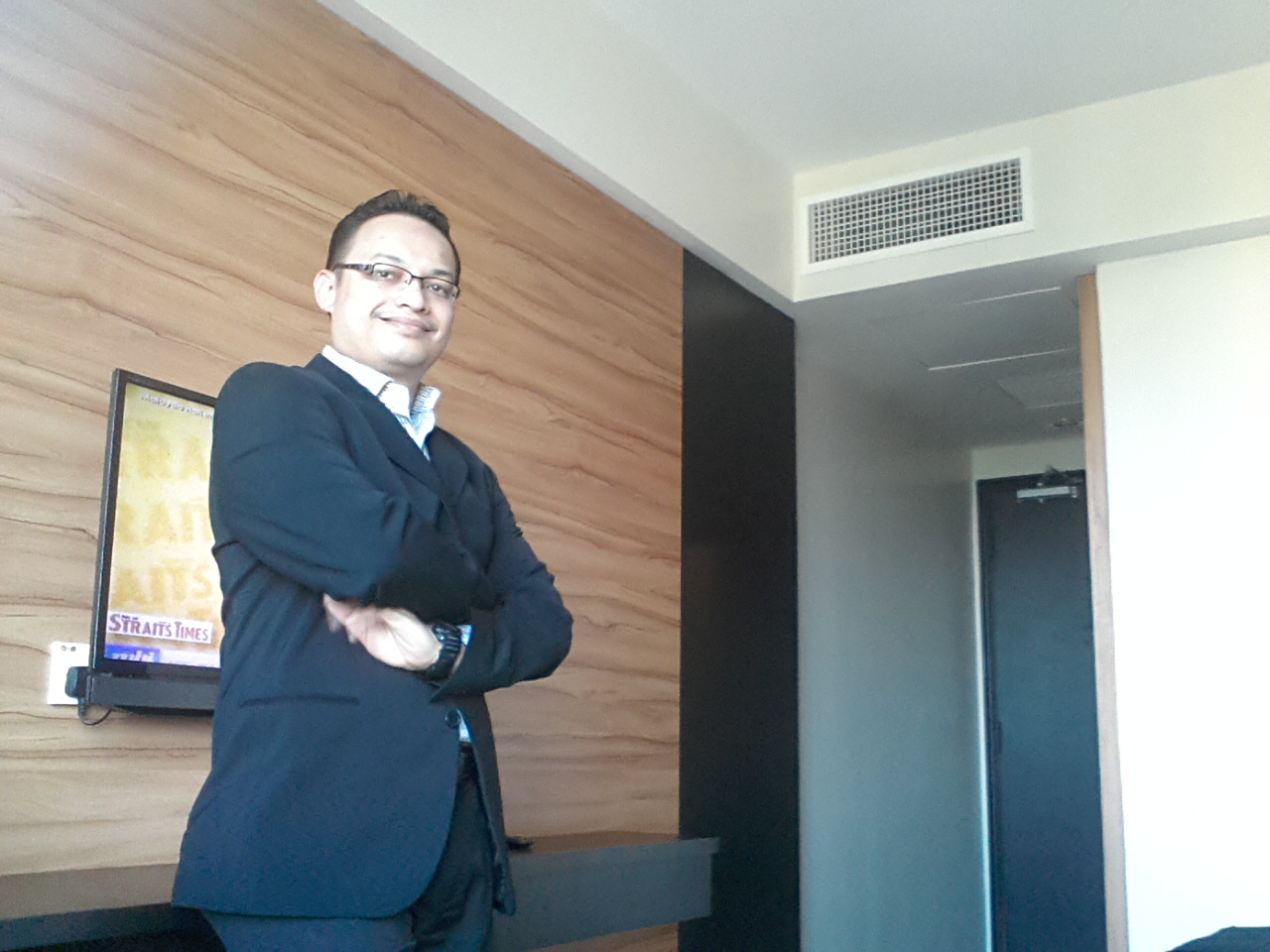Semua penyelidik dijemput hadir ke sesi taklimat Dana Penyelidikan KPM 1/2020 yang akan diadakan sebagaimana berikut:
Tarikh : 12 Januari 2020 (Ahad)
Masa : 2.30 petang
Tempat : Dewan CTL, Bangunan F54, UTMJB
Tarikh : 16 Januari 2020 (Khamis)
Masa : 11.00 pagi
Tempat : Bilik Seminar, Menara Razak, UTMKL
Video Conferencing:
Tempat : Bilik Mesyuarat Photosynthesis, UTM Pagoh
Semua penyelidik adalah digalakkan membawa garis panduan geran semasa sesi taklimat tersebut sebagai rujukan.
Read all my “1 Official Task Per Day Record Challenge for 2020” —> https://people.utm.my/zakiyamani/category/1-activity-1-day/
